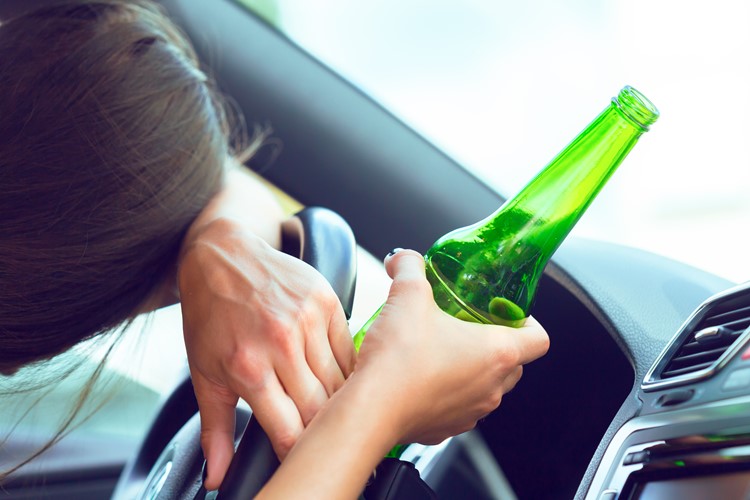
If you’ve been charged with a drink driving offence, we appreciate this can be a distressing time. However, it’s imperative that you act quickly to secure the specialist help you need – this could mean the difference between keeping or losing your licence. The earlier we can intervene, the sooner we can make a difference.
According to the Magistrates' Court Sentencing Guidelines, the penalty for a first time drink driving offence is a mandatory driving disqualification and a fine. If it is your second or third offence it could be as much as a 3 year ban. In more serious drink driving cases, the court can impose community service or prison. Just because you have a clean record, does not mean that you cannot be sent to prison. But what happens on the occasions where drink driving charges are dropped, and how does this happen?
In order for a drink driving case to be dropped, these 3 things would need to be considered:
- Is there enough evidence?
- Have the CPS followed the correct procedure?
- Is there a special reason?
For you to be convicted of a drink driving ban, there has to be enough evidence to prove that you have done it, and the CPS need to follow strict guidelines to back up this evidence. If the evidence is insufficient (I.e breathalyser calibrated incorrectly, unsuitable blood/urine sample) OR the police have missed a step in the procedure, you cannot be convicted of drink driving. This is where a legal professional is vital as we can access this information and challenge the CPS before a case even goes to court.
Another way a drink driving charge may be dropped is if you have what is called a ‘special reason’ (Road Traffic Offenders Act 1988, s.34(1)) . This is where the period of disqualification may be significantly reduced or avoided completely. Some examples of special reasons could be:
- Driving for a short distance and in circumstances where the motorist was unlikely to be brought into contact with other road users.
- The fact that a motorists’ drinks were spiked and they did not know they were consuming alcohol.
- The fact that a motorist was given drinks stronger than they asked for and didn’t know
- The presence of mouth alcohol (mouthwash) as a factor affecting the reliability of the breath specimen. This can cause an elevated reading unrelated to the amount of alcohol actually consumed.
- The motorist was coping with a genuine emergency when they committed the offence.
In order for a special reason to be considered in court, there must be significant and substantial evidence to prove it. This may mean you have to bring witnesses in or get them to write statements (i.e the person who was buying your drinks would have to admit to lacing them with alcohol). If there is a lack of evidence, it won’t be considered and you risk still facing a minimum 12 month ban.
In summary, a drink driving charge CAN be dropped, but only if certain circumstances are met. There must be either a lack of evidence, police not following procedure correctly or a valid special reason.
If you have been charged with a drink driving offence, speak to one of our legal professionals today on 0151 422 8020. We offer free initial advice on all motoring offences and will tell you instantly whether we feel you may have a defence.
Image by fabrikasimf on Freepik




